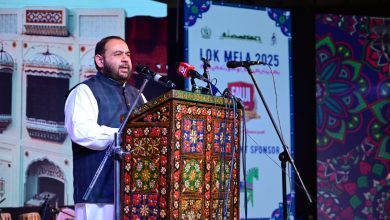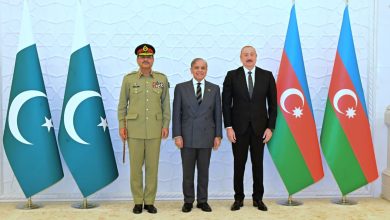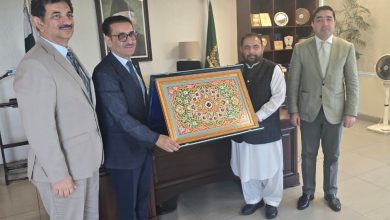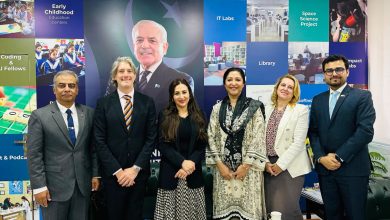Efforts to Boost Performance of Pakistan’s Cultural Institutions

The Ministry of National Heritage and Culture has intensified efforts to revitalize key cultural institutions across Pakistan, emphasizing modernization, public outreach, and international recognition of the nation’s cultural heritage. Federal Minister for National Heritage and Culture, Muhammad Aurangzeb Khichi, chaired a high-level meeting in Islamabad to assess the performance of affiliated institutions and discuss strategies for enhancing their effectiveness and visibility.
Chairing the session, Minister Khichi acknowledged Prime Minister Muhammad Shehbaz Sharif’s unwavering support for preserving and promoting Pakistan’s rich heritage. He emphasized that the decision to previously dissolve certain cultural institutions had been reversed due to the Prime Minister’s personal commitment and initiative. “Now it is our responsibility to deliver meaningful results,” Minister Khichi remarked, stressing that these institutions play a vital role in reflecting the national identity and require investment beyond purely commercial considerations.
Minister Khichi urged heads of institutions such as the Iqbal Academy, Pakistan Academy of Letters (PAL), National Language Promotion Department (NLPD), and Quaid-e-Azam Academy to propose suggestions to modernize outdated systems. In particular, he emphasized making their roles more dynamic, impactful, and visible nationally and internationally. To ensure global dissemination of national ideals, the Minister stressed expanding translation initiatives to languages such as Bengali and others, particularly focusing on bringing Allama Iqbal’s philosophy to broader audiences worldwide.
Dr. Rauf Rafiqui from the Iqbal Academy informed participants that significant progress had been made by translating 89 books authored by Iqbal, along with completing 56 prominent publications with direct support from the Ministry. Proposing further strengthening of the Academy, Dr. Rafiqui presented the idea of establishing an “Iqbal Academy Museum” designed specifically to safeguard the extensive collection of research and literary contributions relating to Iqbal. Minister Khichi committed to addressing this proposal by taking tangible measures, revealing that preliminary preparations are already underway to transfer the academy’s headquarters to Islamabad in hopes of attracting more cultural tourism and scholarly interest.
Providing progress updates, PAL representative Najiba Arif shared details regarding ongoing efforts aimed at resolving pending promotion cases within the organization to streamline operations. Similarly, NLPD Director General Dr. Saleem Mazhar reported successful completion of promotion procedures, further noting the urgent need to incorporate modern technological infrastructure into the department. Minister Khichi assured full cooperation in securing the finance ministry’s approval to achieve necessary technological upgrades swiftly.
The Director General of the Department of Archaeology, Amanullah, announced the initiation of measures for conducting a formal institutional audit aimed at improving organizational standards. Recognizing the urgency, Minister Khichi instructed department officials to explore and implement new and impactful projects within the archaeological sector promptly.
Dr. Mazhar of NLPD also highlighted notable accomplishments, including successful translations of works authored by the Presidents of Azerbaijan and China. These translated publications will serve as official gifts presented during future official visits by these leaders to Pakistan, highlighting the country’s commitment to cultural diplomacy.
To boost public awareness and engagement with national cultural institutions, Minister Khichi announced collaborative public-awareness programs scheduled to take place in major cities, particularly provincial capitals. He further instructed relevant authorities to ensure expedited hiring for all vacant positions arising from retirement to assure uninterrupted administrative effectiveness and institutional efficiency.




